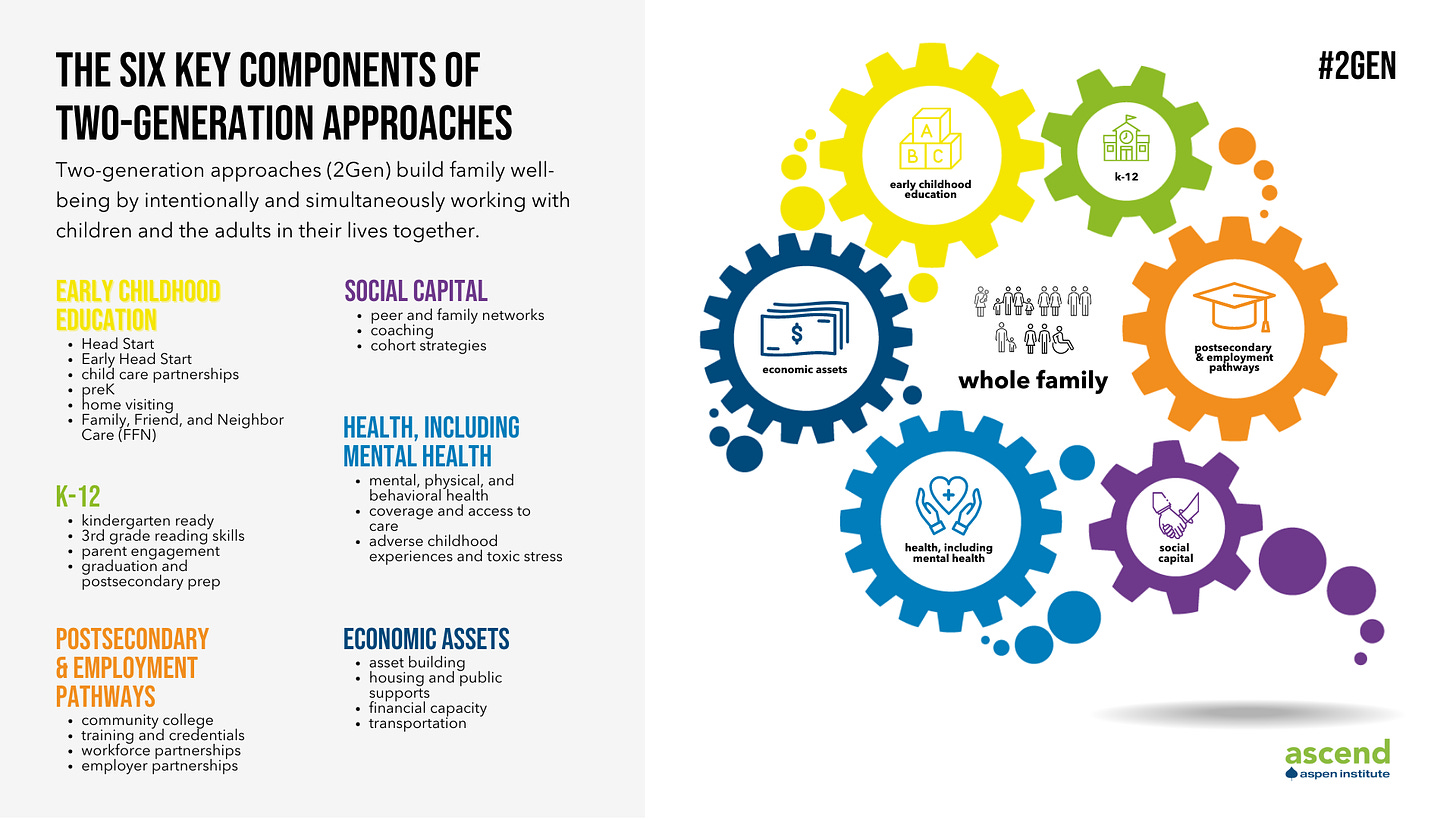The Daily Solution: An easier path to help

Affordable housing. High-paying jobs. Local reporters. There’s no denying that Tucson — like many other cities — is lacking plenty of vital resources.
But if there’s one resource we don’t have a shortage of, it’s nonprofit organizations that help people in need. And while it’s great that so many local groups want to help, it’s also led to an unintended consequence.
An abundance of resources can make it harder for people to find the right ones to fit their needs, which Caitlin heard a lot about during her time at the Arizona Daily Star.
Through surveys and listening sessions, several people talked about how difficult it was to navigate Tucson’s vast nonprofit world, with one even asking the Star to create and house a searchable and interactive directory of nonprofits.
There are several organizations that do that already, but those directories include hundreds of entries and it’s still unclear if all the local options are included. For a person in crisis, spending hours searching the internet and making calls to find the right kind of help might not be an option. And many people need help in more than one area, but no single nonprofit has the capacity or ability to help with everything.
That’s why one local group has been working to ease that burden through the creation of a collaboration of nonprofits that focus on different ways to support children and their families.

Social Venture Partners Tucson’s 2Gen Nonprofit Collaboration connects families to nonprofits specializing in education, employment, health, finances and more. This collaboration helps make sure that families receive the comprehensive help they need for their children and themselves, in order to stabilize their lives.
The 2Gen approach addresses systemic barriers by recognizing that each family is different and needs personalized support to move out of poverty. It helps families access resources, solve problems and hone existing skills.
It’s a national model rooted in the settlement house movement of the late 19th century, which tried to uplift the working class by providing them with education, helping their families and exposing them to high society. The modern 2Gen model has been widely used across the U.S. for more than 30 years, but it’s still relatively new to Tucson.
SVP launched the 2Gen Nonprofit Collaboration in Tucson in 2021, after hearing from community members that there was a need for more coordinated support. The collaboration started with three nonprofit partners and expanded to five by the spring of 2022. By April of this year, the collaboration had grown to eight nonprofit partners, with SVP ultimately hoping to include up to 12 nonprofits.
The current nonprofit partners include Interfaith Community Services, Make Way for Books, Boys to Men, JobPath, Girl Scouts of Southern Arizona, YWCA Southern Arizona, Parent Aid and Jewish Free Loan. The collaboration allows member nonprofits to cross-refer clients to other participating nonprofits, which ensures the families receive help in as many areas as possible.

Two women who worked with the collaboration talked about its impact during SVP’s partner summit earlier this month, which brought together representatives from the Aspen Institute and participating nonprofits to reflect on their work.
One of the women spent 15 years in the military but said that financial issues when she transitioned to civilian life created a large burden for her and her two children. She struggled with health issues and food insecurity, until she was connected with SVP.
She said that Interfaith Community Services made a huge impact on her and her children’s lives, but not just through financial support.
“They truly care about people,” she said. “Beyond just receiving financial help, showing that you’re a human is huge.”
Solving intergenerational poverty is a massive undertaking, but there are solutions, like 2Gen, that work, said SVP CEO Ciara Garcia. But locally at least, that isn’t reflected in the data. Arizona ranks 39th in the nation for child wellbeing and 30% of children in Pima County live in poverty.
“Should it really be this hard? Should we really have to move mountains in the wealthiest country in the world?” Garcia asked, adding that research has shown that the countries that make the largest investment in their citizens have the least amount of poverty.

While it’s unclear if the federal government will increase its investment in these areas, there is buy-in at the local level through Pima County’s Prosperity Initiative, which has agreed to adopt 2Gen as one of three cross-policy strategies.
The 16 proposed policies in the prosperity initiative will be presented to the board of supervisors later this month, with a vote on their adoption set for next month.
The 2Gen approach works, Garcia said, with 86% of families served by Tucson’s nonprofit collaboration saying they found a true partner in accessing the services they needed. But there’s still plenty of work to be done.
And while we want to see the success of programs reflected in the data, Garcia said it’s important to remember that we’re not actually talking about numbers.
“This isn’t about statistics, it’s about the people behind the statistics,” she said. “People who refuse to accept the cycle of poverty as just the way things are.”
